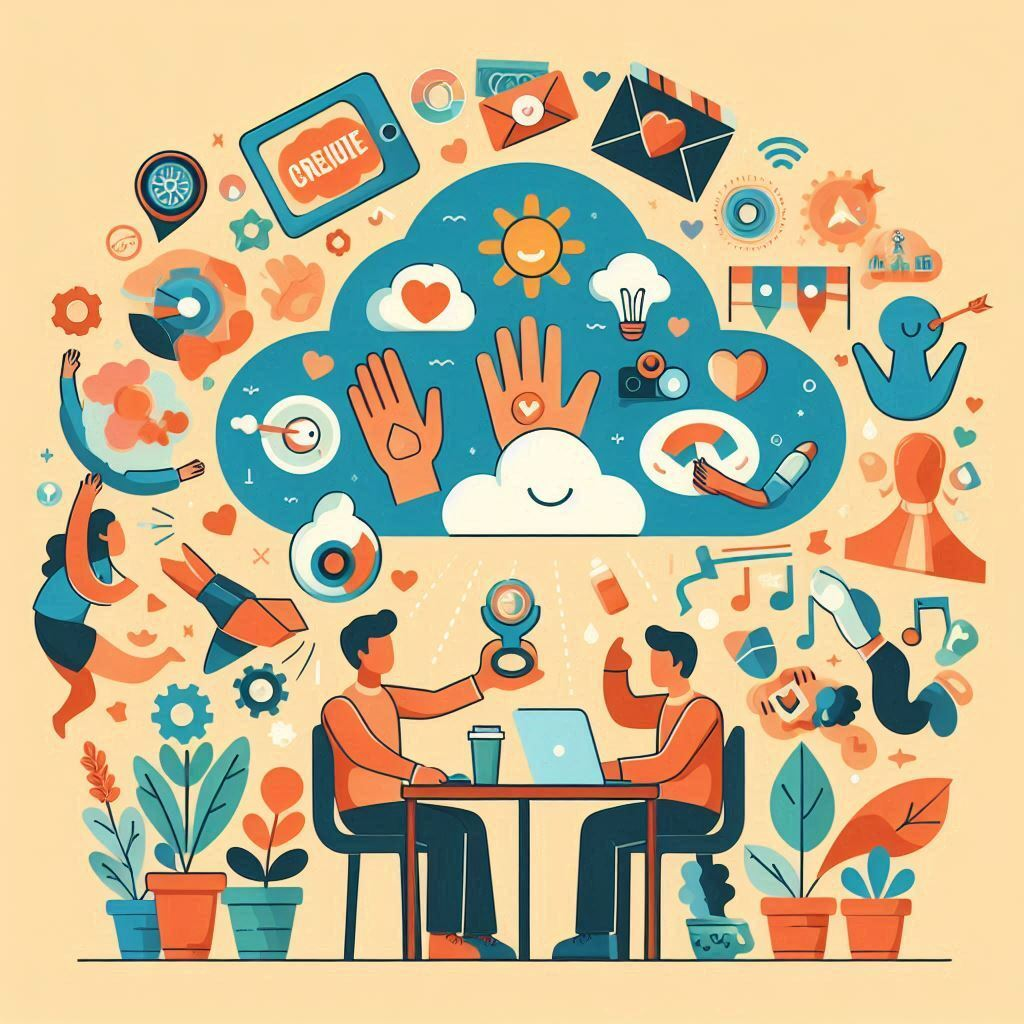
4 Tips for Developing Better Social Interaction Skills
Hey there, friend! Navigating the social world can be a bit of a jungle sometimes, but with the right tools and a bit of practice, you can become a confident and engaging social butterfly. Here are four tips to help you develop better social interaction skills:
1. Listen More Than You Speak:
This might sound obvious, but it’s amazing how often we forget to truly listen. When you’re actively listening, you’re not just waiting for your turn to talk, you’re engaging with the other person on a deeper level. Pay attention to what they’re saying, both verbally and nonverbally. Ask clarifying questions, and show genuine interest in their thoughts and experiences. This makes the other person feel valued and respected, and it also helps you understand them better.
Here are some ways to improve your listening skills:
- Make eye contact: This shows the speaker that you’re paying attention.
- Nod your head and use verbal cues: “Yes,” “I see,” or “That’s interesting” are all good ways to acknowledge what the speaker is saying.
- Avoid interrupting: Let the speaker finish their thoughts before you share yours.
- Summarize what you heard: “So, you’re saying that…” This shows the speaker that you’ve been listening and helps to clarify any misunderstandings.
- Put away distractions: Turn off your phone, close your laptop, and focus on the conversation.
2. Practice Active Empathy:
Empathy is the ability to understand and share the feelings of another person. When you practice active empathy, you’re not just listening to their words, you’re trying to understand their perspective and emotions. This can be a powerful tool for building strong connections and fostering understanding.
Here are some ways to practice active empathy:
- Put yourself in their shoes: Try to imagine what it would be like to experience their situation.
- Validate their feelings: Acknowledge their emotions without judgment. For example, you could say, “It sounds like you’re feeling really frustrated.”
- Offer support: Let them know that you’re there for them and that you care.
- Avoid giving unsolicited advice: Unless the person specifically asks for it, offering advice can come across as dismissive of their feelings.
3. Be Authentic and Genuine:
In a world that often feels superficial, being authentic is a breath of fresh air. Don’t try to be someone you’re not. Be true to yourself and let your personality shine through. People can sense when someone is being fake, and it can be off-putting. Being genuine helps you build trust and connection with others.
Here are some ways to be more authentic:
- Be comfortable with your own quirks: Embrace what makes you unique.
- Don’t be afraid to be vulnerable: Sharing your thoughts and feelings can help you connect with others on a deeper level.
- Be honest about your limitations: It’s okay to say “I don’t know” or “I need some time to think about that.”
4. Practice, Practice, Practice:
Just like any other skill, social interaction takes practice. The more you put yourself out there, the more comfortable you’ll become. Start with small steps, like striking up a conversation with a cashier or joining a club or group that interests you. As you gain confidence, you can gradually challenge yourself to engage in more complex social situations.
Here are some ways to practice your social skills:
- Attend social events: Go to parties, meetups, or networking events.
- Volunteer: Helping others is a great way to meet new people and build relationships.
- Join a club or group: Find a group that shares your interests, whether it’s a book club, a sports team, or a volunteer organization.
- Practice with friends: Ask your friends to role-play different social situations with you.
Remember, developing better social interaction skills is a journey, not a destination. Be patient with yourself, celebrate your progress, and don’t be afraid to ask for help along the way. With time and effort, you can become a more confident and engaging social communicator.



